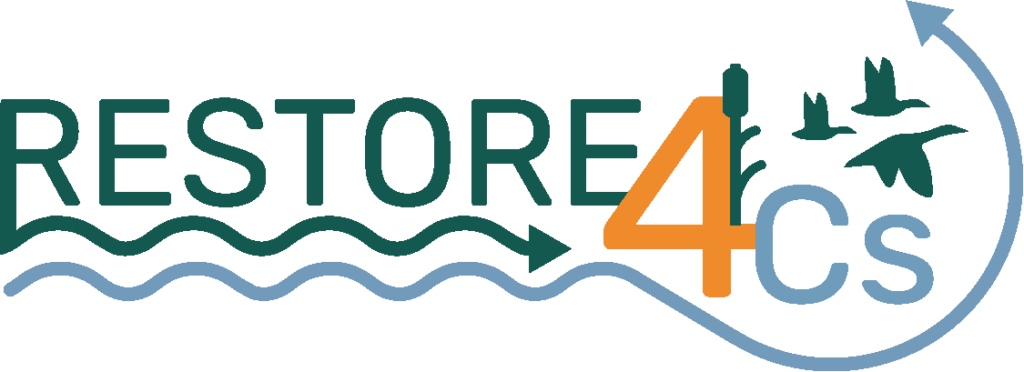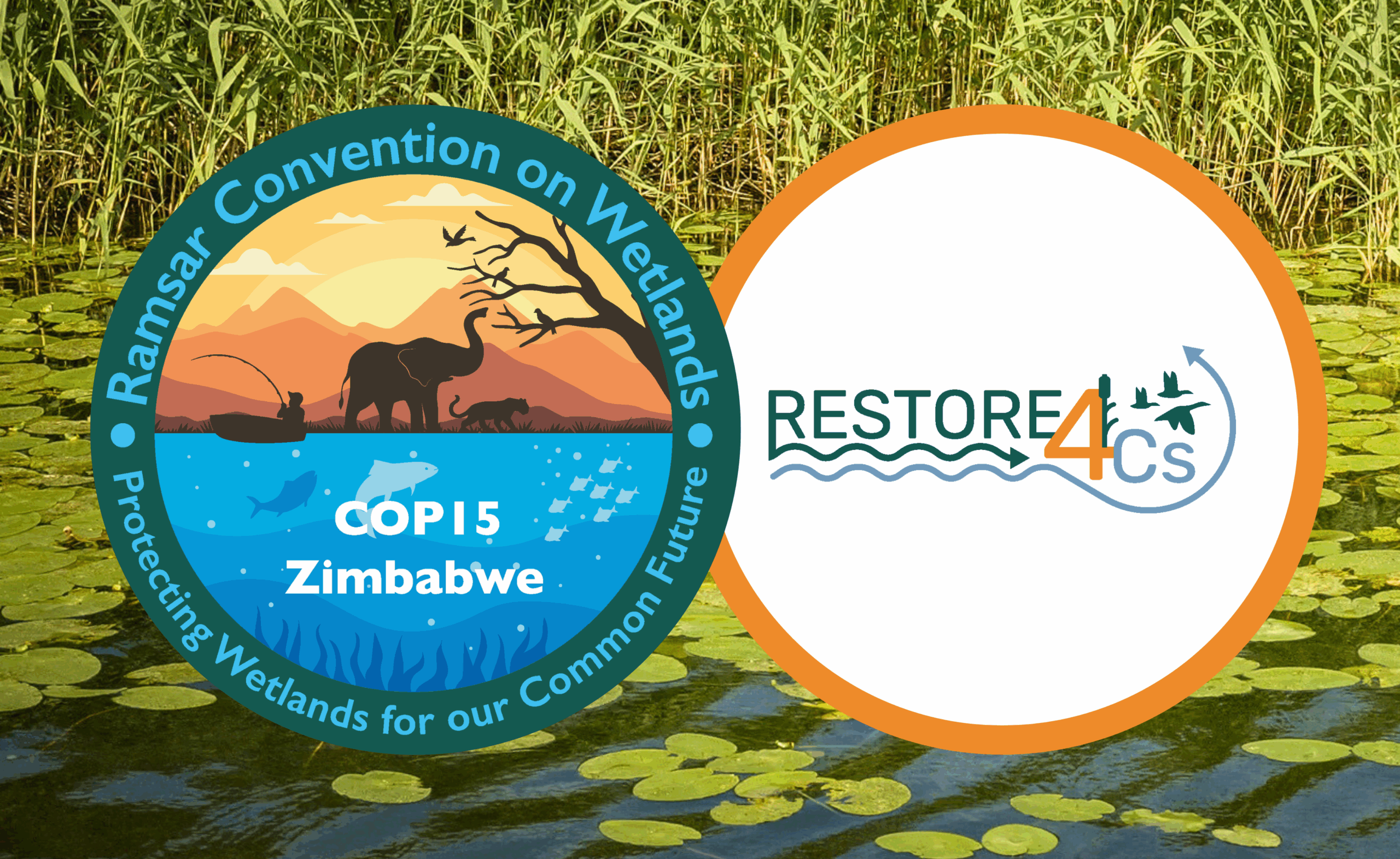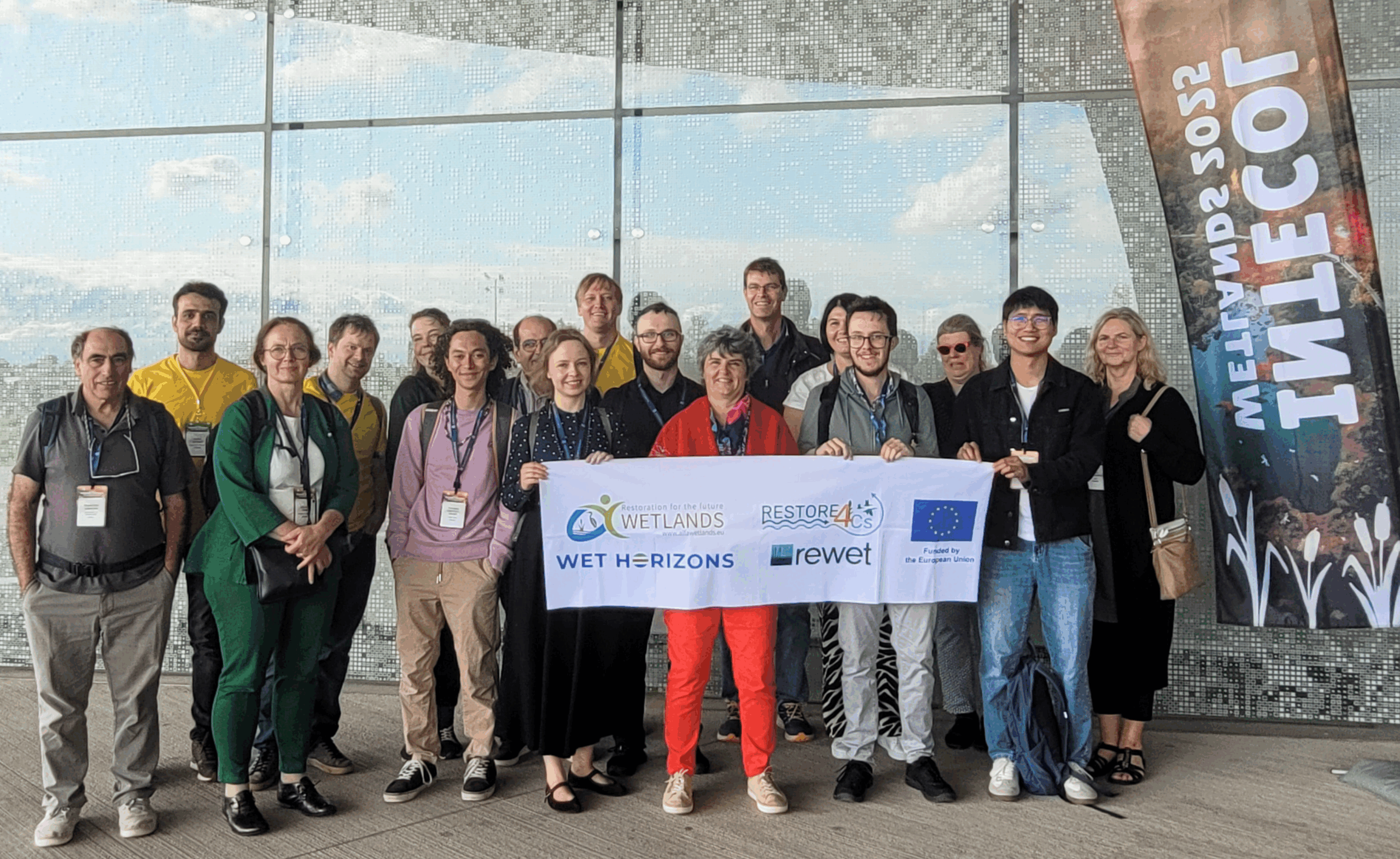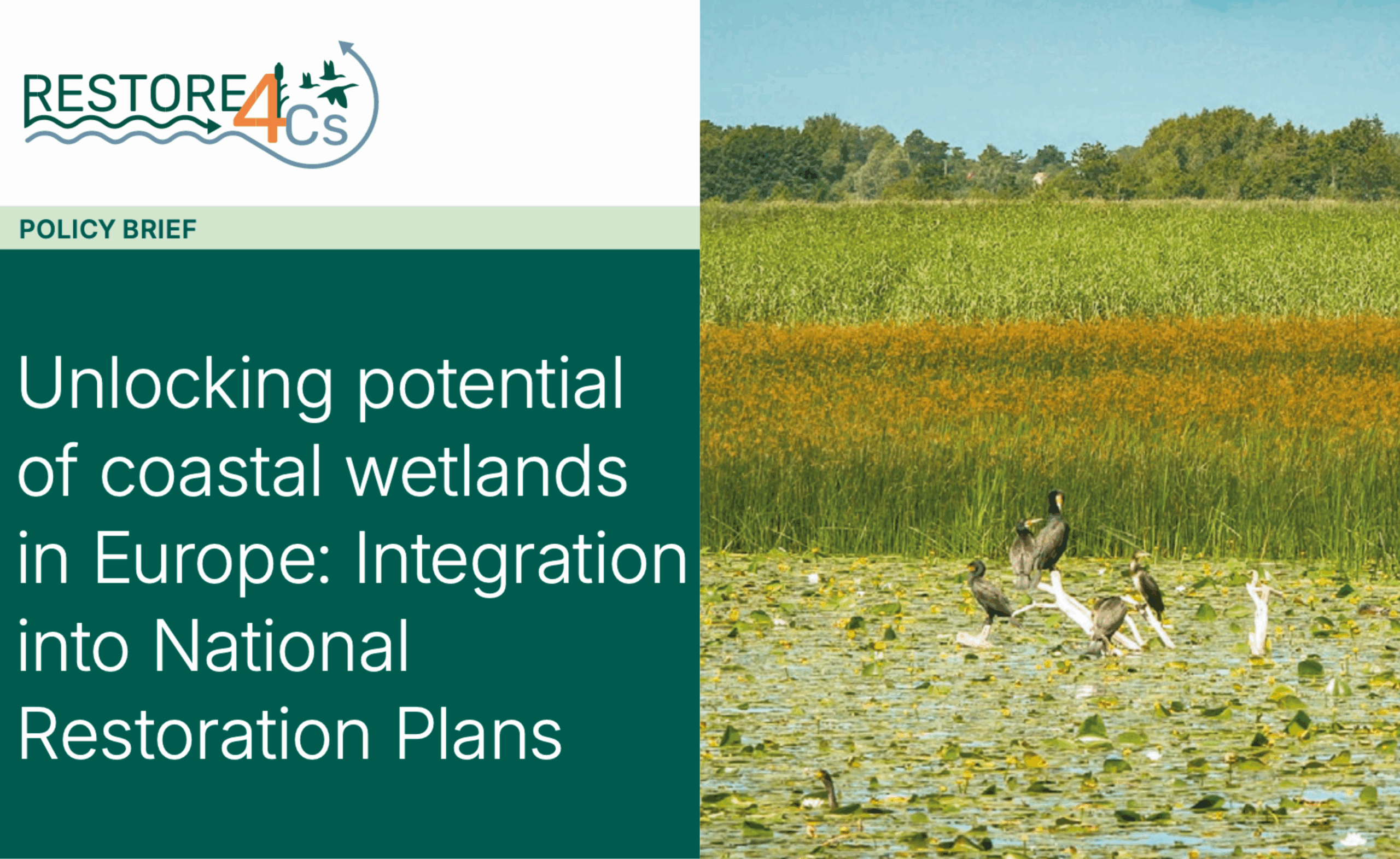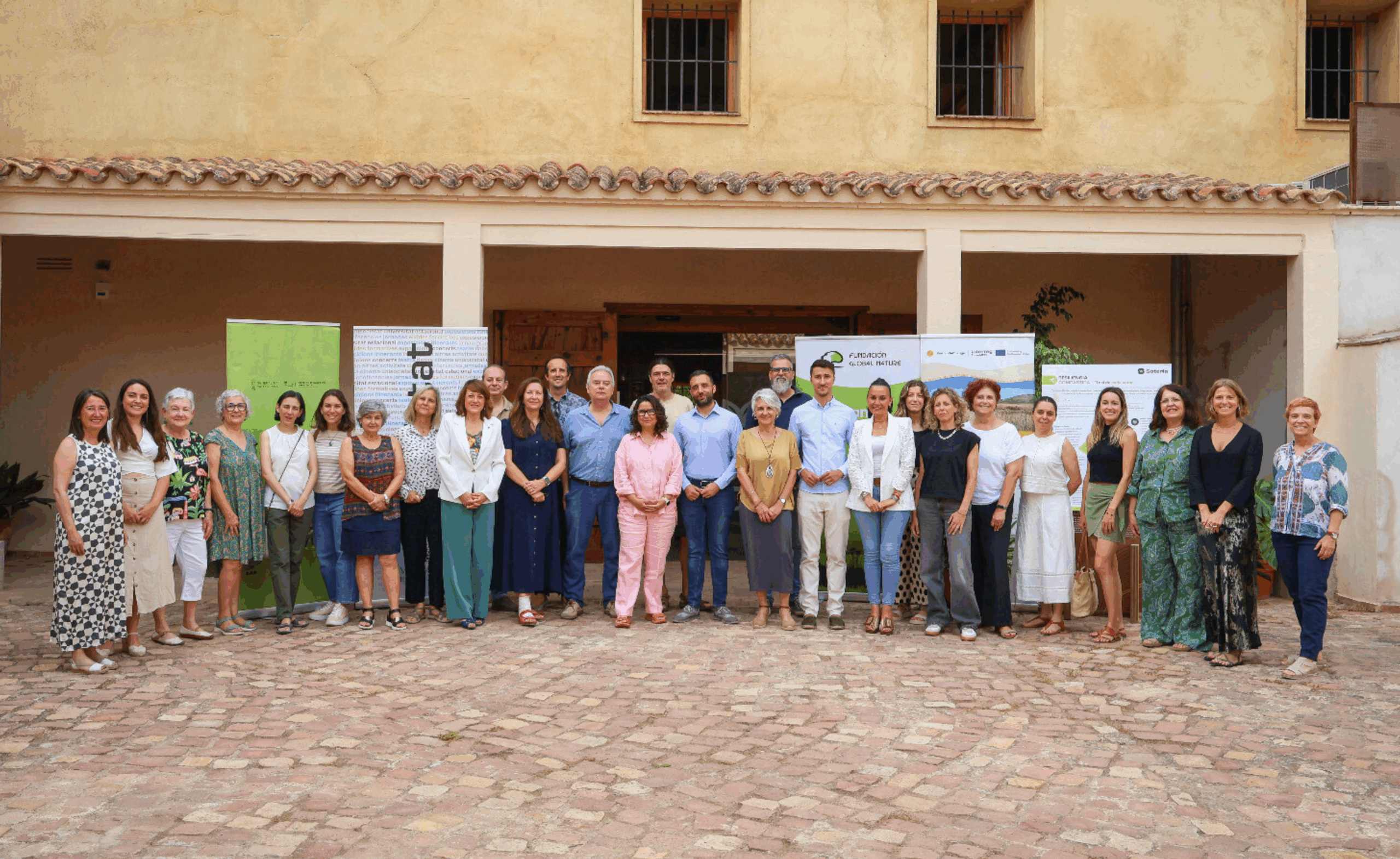All major European Union policies recognise the key role of wetlands to achieve the EU objectives regarding climate neutrality, biodiversity protection, zero pollution, flood protection, and circular economy. Hence, assessing the current extent and condition of European wetlands, their current and potential greenhouse gas fluxes, and their medium to long‐term mitigation capacity through restoration, or other measures, are key priorities needed to halt biodiversity decline, restore the environment, and deliver climate aspirations.
There is clearly a broad and challenging policy agenda that needs to be underpinned by robust and wide-ranging evidence and analysis, and integrated approaches ‐ including more joined‐up evidence on the importance of these ecosystems and their benefits to climate and biodiversity. With a focus on coastal wetlands given their key role in climate mitigation, the overall objective of this regional workshop, which will be held online on 23 May 2024, at 10:00 CET, is to contribute to broadening the perspectives available for countries in finding solutions for achieving and reporting success on coastal conservation towards the international and EU commitments.
The expected results of the workshop will be:
- Identify needs by countries and common priorities to enable the restoration of wetland ecosystems for climate mitigation and key co‐benefits and assess activities that could be implemented to fill these needs. Building on the outputs of the open workshop, a joint roadmap of methods and tools to address key policy targets will be built;
- Establish priorities indicators for assessing the extent and condition of coastal wetland habitats, and the trends in the condition of protected sites;
- Determine how to ensure quality of evidence to address actions and projects on coastal wetlands to inform and facilitate policy development, and to stimulate investment in nature‐based solutions.
This online workshop is aimed at experts in national or sub‐national authorities, research organisations, and institutions or associations directly or indirectly included in the decision‐making process in evaluating coastal wetlands or the implementation of policies on coastal wetland restoration. Participants will be introduced to the state of international policies, learn some new national approaches, and interactively discuss the needs and tools to prioritise actions on coastal wetlands for climate change and nature conservation policy targets.
The workshop is organised by ETC‐UMA, Tour du Valat, University of Aveiro, University of Valencia, Vertigo Lab, Wageningen University & Research, Ecologic Institute, Klaipėda University, and University of Bucharest in the framework of the project RESTORE4Cs.
The working language of the workshop will be English.
Registration form is available here. Free of charge.
For further enquiries please contact Maria del Mar Otero at mar_otero@uma.es.
Agenda
10:00 | Welcome and introduction to the objectives of the workshop
European Topic Center, University of Malaga, Spain
10:05 | Coastal wetlands: Mitigating climate change and restoring nature, the RESTORE4Cs project
Ana Lillebø, University of Aveiro, Portugal
10:15 | Strategic approaches in policy‐making for conservation of coastal wetlands: the French National Plan for Wetlands
Ms Lucie Linossi, Directorate of European and International Relations, French Agency of Biodiversity
10:35 | Current and near‐term objectives on the cross‐road of transnational policies to coastal wetlands in Europe
Benedict Bueb & Eleftheria Kampa, Ecologic Institute
10:50 | Building evidence with new methods, indicators and tools to monitor performance of restoration efforts and strengthen policy goals
Christoph Schroder, European Topic Center, University of Malaga, Spain
11: 15 | Introduction to the break‐out group session & allocation to break‐out groups
European Topic Center, University of Malaga, Spain
Discussions in break‐out groups: Challenges, Needs and Priorities
12:10 | Back to Plenary to see recommendations from the break‐out groups
12:20 | Final discussions & recommendations
12:30 | Steps forward and closure of the webinar
